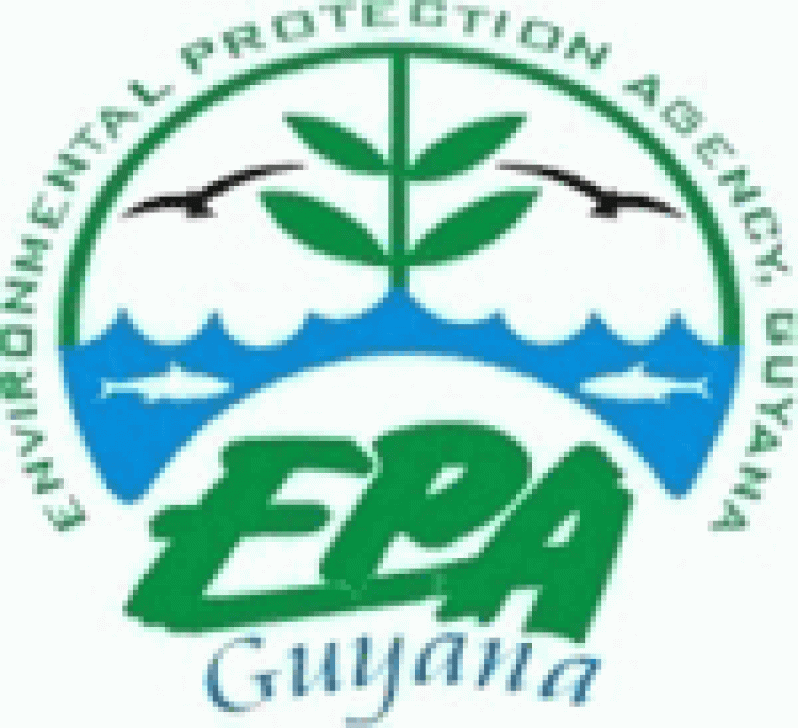THE environment is very important to us. In fact, in order for us to live healthy lives, we need a clean environment. 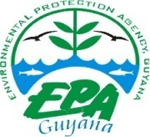 We are affected in many ways by an unclean environment, for not only is it an eyesore, but also a breeding ground for vermin and other disease vectors which pose health hazards to the population. Clean water is a vital resource and a polluted water supply renders people unable to maintain personal
We are affected in many ways by an unclean environment, for not only is it an eyesore, but also a breeding ground for vermin and other disease vectors which pose health hazards to the population. Clean water is a vital resource and a polluted water supply renders people unable to maintain personal 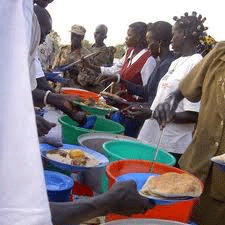 hygiene. Even unclean air would result in us having respiratory problems.
hygiene. Even unclean air would result in us having respiratory problems.
One of the major problems affecting our environment in Guyana is poor waste management. At almost every turn, we see litter lying around. Whether we contribute to the problem or not, it affects us all.
Because we all are affected by the waste situation, we need to work collectively to ensure that we have a better environment. Within our community, there are simple activities we can undertake that will aid in keeping our environment clean and healthy. Here are some actions we can take:
– Dispose of our waste properly – do not litter.
– Plant a kitchen garden.
– Do not hunt or fish endangered species.
– Learn about and adopt better farming techniques.
– Practise proper collection, storage and use of rainwater.
– Compost our kitchen waste.
– Keep drains/gutters clean.
– Plant trees to beautify our neighbourhoods.
– Protect community wells and sources of drinking water.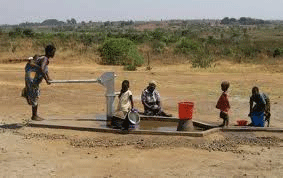
– Conserve electricity and water.
– Learn about the issues affecting the environment and what we can do to help.
Some environmental projects that can be undertaken as a community that will be beneficial to the environment include:
– Having a community compost heap, which will significantly benefit farmers;
– Arranging to have proper garbage collection and disposal services available in our community on a regular basis;
– Increase awareness for all households on environmental issues, through PTAs, religious groups and other community groups;
– Liaise with businesses within our community to sponsor awareness and community enhancement activities.
Kids’ Activity: Plant a reverse garden
Most people plant to see things grow; you will now plant to see things decompose.
You will need:
• an old cotton rag (100% cotton is a must)
• an old nylon stocking
• 100% wool
• waxed paper
• half eaten apple
• styrofoam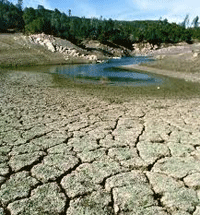
• newspaper
1. Dig a 12-cm hole for each item, cover with soil, dampen completely (make sure you mark each hole), leave for 30 days and water regularly.
2. When you dig up your garden notice how things have changed.
The next time you are about to litter, think about the reverse garden before throwing anything away.
You can share your ideas and questions by sending letters to: “Our Earth, Our Environment”, C/O EIT Division, Environmental Protection Agency, Ganges Street, Sophia, GEORGETOWN or email us at eit.epaguyana@gmail.com.



.jpg)



